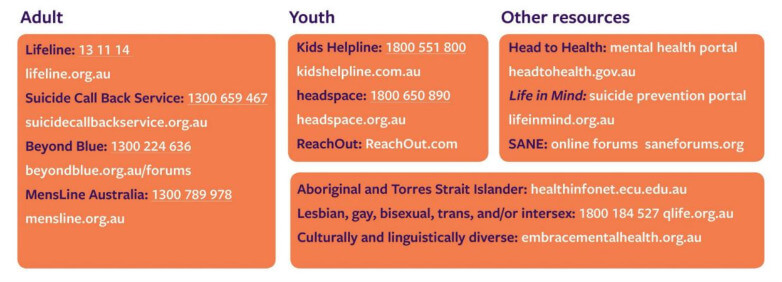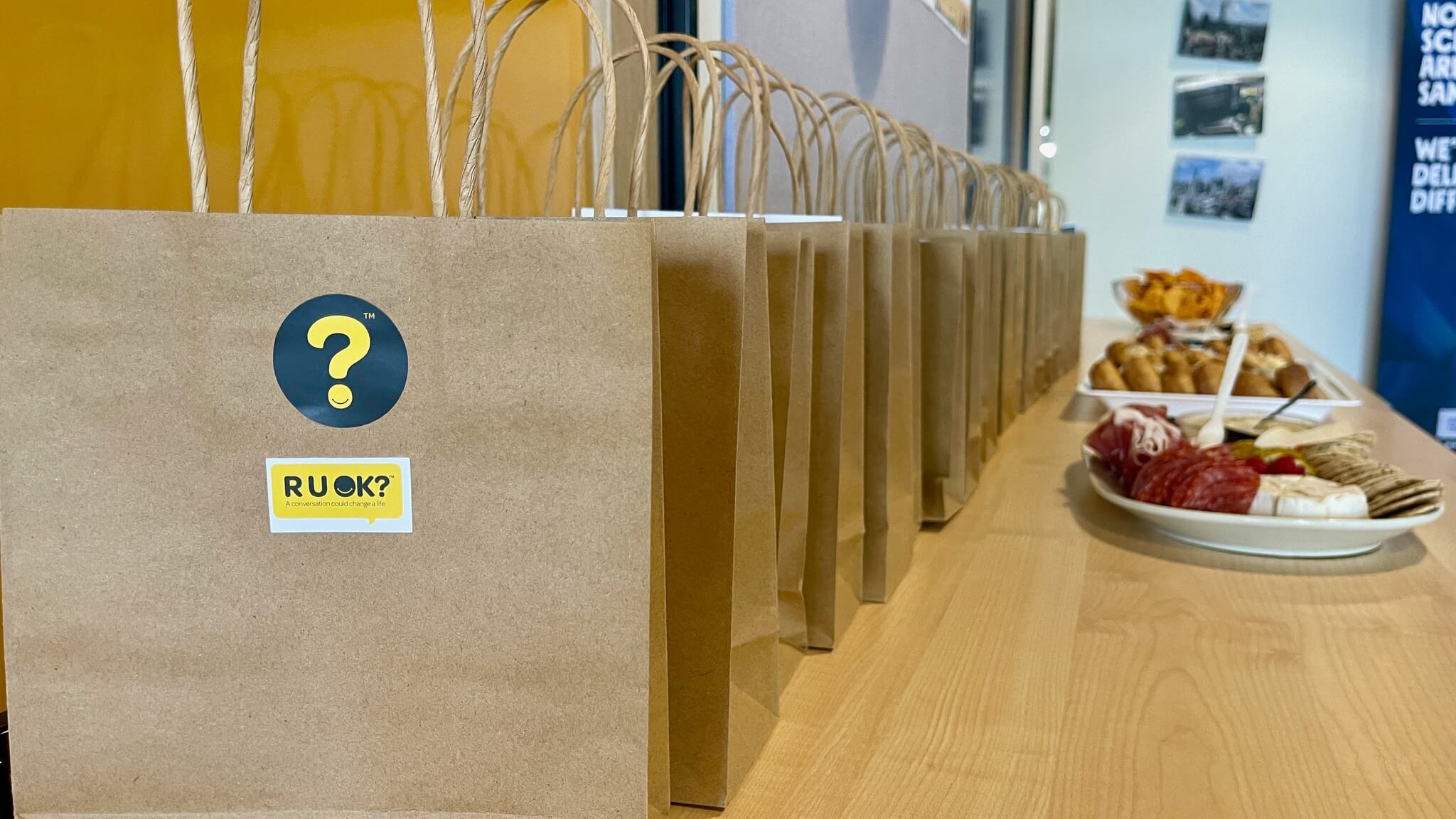Trigger warning: The article contains content about suicide.
With the loss of Paul Green recently, it has again raised the much-needed conversation around suicide. The statistics should be the wake-up Australia needs.
According to the Australian Bureau of Statistics, we lost 3,139 Australians in 2020 to suicide. That is an average of 8.6 deaths every day. 75.9% of these people were male, with suicide the 15th leading cause of death in Australia.
Consider the number of people you interact with daily, at work, at sport, at the shops, out to dinner… one in every twenty may be having suicidal thoughts and feelings.
Unfortunately, reality is that when the weight of the world seems too much, the last thing most people think about is reaching out to friends, family or colleagues. That is why it is important to take the time to have a conversation that could literally save a life.
The stigma surrounding suicide is significant. People are often terrified to start this conversation because they are worried that they ‘don’t know what to say’ or that they ‘might say the wrong thing’. The research is very clear that while there are some things like guilt or blame (all the things that could make someone feel worse about their situation and/or themselves anyway) which could negatively impact the person who is struggling, someone taking the time to notice, stop, engage, listen and support is a beneficial first step. This week, we recognised the significance of these conversations with R U Ok? Day.
There are several signs that a person is struggling. It could be a change in their appearance, their habits, their language, any component of themselves or their life. You can hone your skills and knowledge around mental health and suicide with various training courses. The AITC is proud of the fact that many of our staff and some of our young people have participated in many of the various offerings to support our community.
The bottom line is if you’re worried about someone, simply letting them know you care can make a huge difference. Then, listen and guide them to a support service.
The AITC is first and foremost a community. We thrive because of our people, our shared values, and our relationships. R U Ok? Week has highlighted that every conversation is significant – we continue to support our young people and their families, to ensure everyone in the AITC community is ‘Ok’. If you are in an emergency, or at immediate risk of harm to yourself or others, please contact emergency services on 000 or visit one of the resources below.























